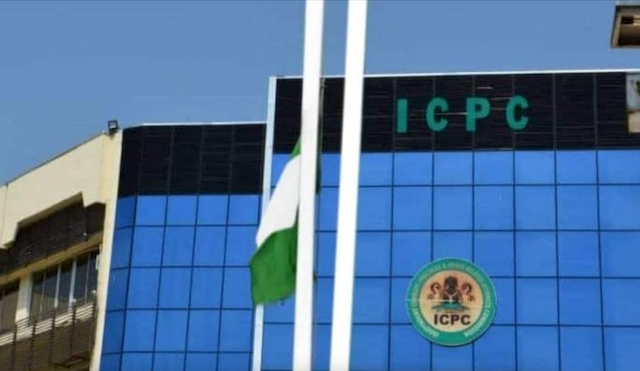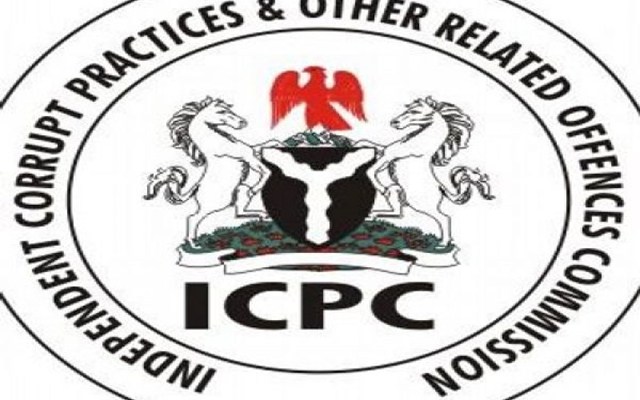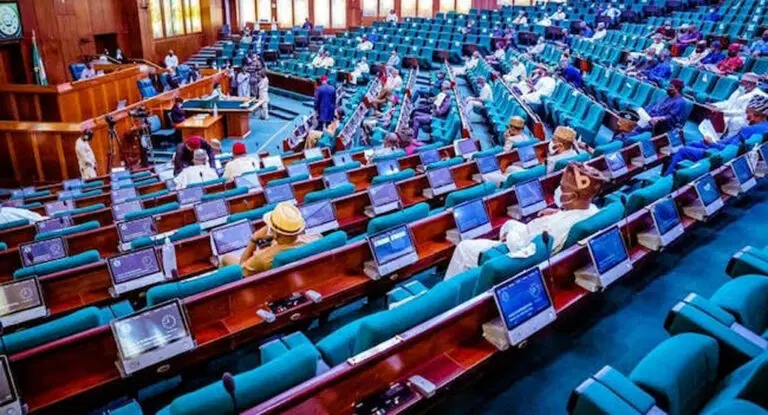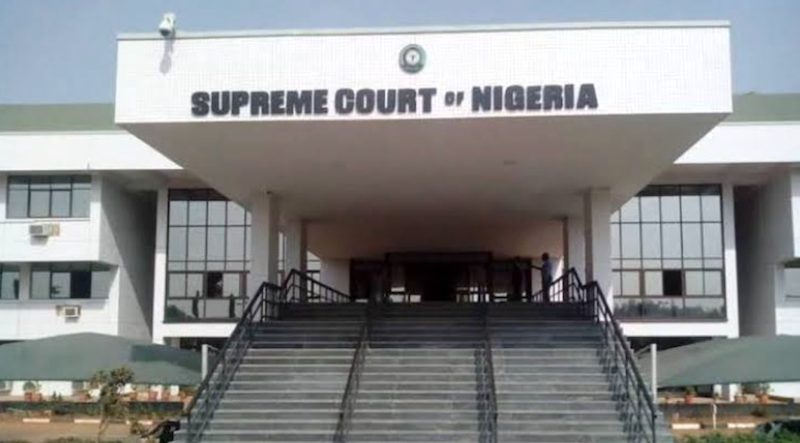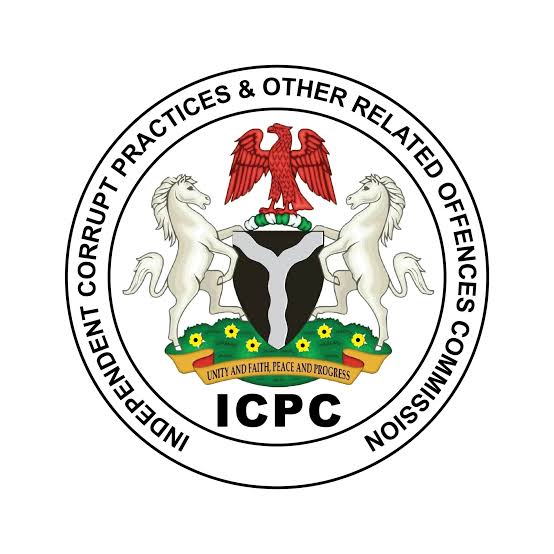The Independent Corrupt Practices and Other Related Offences Commission (ICPC) has revealed how Usman Kwakwa, a senior staff of Rural Electrification Agency (REA), used his personal company to allegedly divert the agency’s funds.
An ICPC Investigator, Bariki Zaknayaba, told Justice Emeka Nwite of a Federal High Court, Abuja while being led in evidence by the anti-corruption commission’s lawyer, Osuobeni Akponimisingha.
Zaknayaba said during the course of their investigation, it was discovered that the sum of N130 million and N85 million, totaling N215 million, which belonged to REA was unlawfully paid into Bizairabbi General Supply and Co Ltd’s bank account, a company owned by Kwakwa, between March and June 2023.
Besides, he said that another N97 million was paid into Kwakwa’s Zenith Bank account within the same period under the pretense of payments for project monitoring exercise.
He said the money formed part of the N1.2 billion allegedly misappropriated by some senior workers in the Finance and Account Department of the organisation, including Abubakar Sambo, Director of Finance and Account of the agency.
The investigator, who is the 1st prosecution witness (PW-2) in the ongoing trial of seven REA’s staff, said several petitions were received from non-governmental organisation and National Assembly concerning the activities of the top senior staff of the organisation.
“The head of the Investigation Department assigned the petitions to our team for investigation.
“The team drafted a strategy and it was approved.
“The petition is on embezzlement of N1.2 billion against the management of Rural Electrification Agency,” he said.
The PW-1, who identified Kwakwa in the open court, said the investigation team wrote letters to some banks, including Zenith Bank, First Bank, Guarantee Trust Bank (GTB) and United Bank for African (UBA Bank) to request for the bank statements and account opening packages in relation to the investigation.
“The bank statements and account opening packages were obtained and analysed.
“During the course of the investigation, it was revealed that monies were paid into the accounts of the defendant (Kwakwa) and other accounting officers of Rural Electrification Agency.
“Investigation revealed that from March 2023 and June 2023, the sum of N97 million was paid into the defendant’s Zenith Bank account.
“Also, from March to June 2023, the sum of N130 million and another N85 million was paid into the defendant’s company’s account with the name, Bizairabbi General Supply and Co Ltd.
“During the same period, in March and June, some money was transferred to the defendant’s account by the accounting officer of Rural Electrification Agency.
“All these payments were made from the GIFMIS (Government Integrated Financial Management Information System) platform of Rural Electrification Agency.
“This payment was made in the narration; Payment for Project Monitoring,” the witness said.
Zaknayaba told the court that during the investigation, it was revealed that there was no written approval by the agency’s authority for the payments made.
When the lawyer asked him how could the payments should have been, the investigator said: “A formal procedure starts with a memo by the managing director for approval.
.
“If the MD approved the request, it will be transmitted to Finance and Account where payments vouchers will be raised.
“After raising the payment vouchers, the approval and payment vouchers will be forwarded to the initiator.
“The initiator will use the documents to input in the computer system.
“The same documents and the payment initiated in the system will be forward to the reviewer.
“The reviewer will review the documents and if he is okay with it, he will then forward it to the finalizer who will go through the documents and finalise the payment,” he explained.
According to him, but from this case sir, such procedure was not followed.
The investigator said when the petitions were received, the team invited some accounting staff of REA, including Kwakwa.
He said Kwakwa’s statement was obtained voluntarily.
When Akponimisingha presented the the petitions and the bank statements to Zaknayaba, he identify them.
However, when the ICPC lawyer sought to tender the documents in evidence to prove their case, counsel to Kwakwa, Aliyu Lenu, SAN, objected to the admissibility of the documents
Lenu argued that in respect of the two statements.of account of Zenith Bank, the witness was not the maker of the documents.
He also argued that the statements of account, claimed to be certified true copies, were not properly certified.
The lawyer said there was neither a name nor signature on the documents
Lenu equally argued that the two petitions sought to be tendered were not properly certified, citing Sections 104 and 83 of Evidence Act, 2011 to back his argument.
But the anti-corruption commission”s lawyer disagreed with Lenu.
Akponimisingha argued that Lenu’s objection had no foundation in law.
He said that the petitions were submitted to ICPC by an NGO called, Stop Corruption in Nigeria Now, and the National Assembly, particularly the Public Account Committee of the House of Representatives.
Citing Section 102 of Evidence Act, he argued that the documents had come into the public domain on record.
According to him, it has been received into the public registry in ICPC, therefore, ICPC can certify it.
The lawyer, who cited a previous case, argued that the Supreme Court had decided that documents recovered in the course of investigation can be tendered in court.
He equally argued that there is no authority on certifying bank statements before being tendered as the statements carried Kwakwa’s photograph.
“We said that this objection has no jurisprudential blessings and should be thrown away,” he said.
Justice Nwite adjourned the matter until Nov. 21 for ruling on the admissibility of the documents and for continuation of trial.
The ICPC had, on June 6, arraigned Kwakwa on a four-count charge bordering on fraud.
He pleaded not guilty to the counts preferred against him and he was admitted to a N50 million bail after the prosecution lawyer, Akponimisingha, did not oppose the defence lawyer’s bail request.
Other staff members under prosecution are Henrrientta Onomen Okojie, Emmanuel Pada Titus and Musa Umar Karaye, Aminat Asuni and Laure Abdullahi, including Sambo, the REA’s Director of Finance and Account.
They are being charged separately before Justices Nwite, Bolaji Olajuwon and Nkeonye Maha of the Federal High Court in Abuja.
